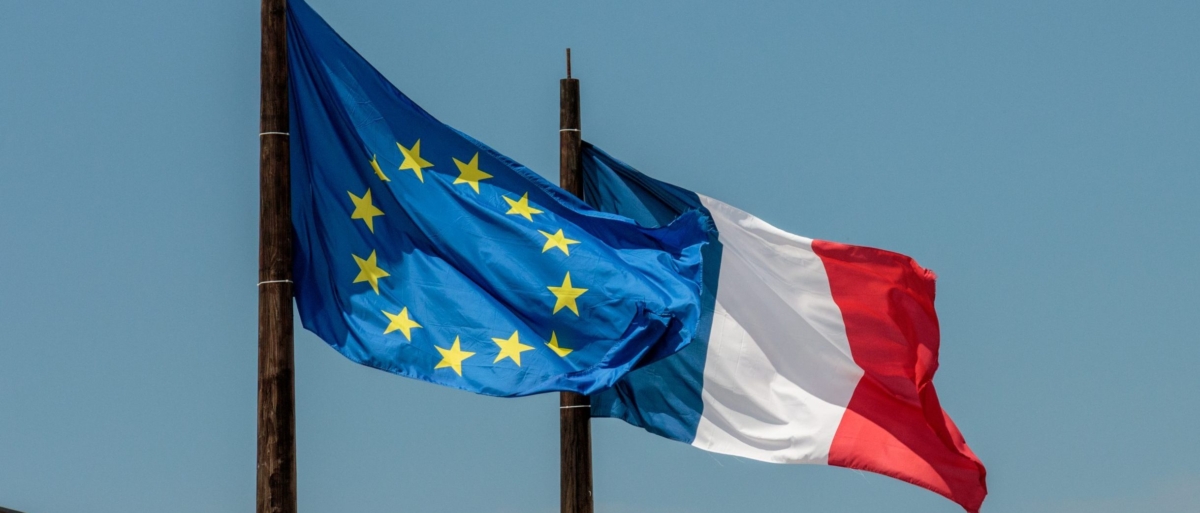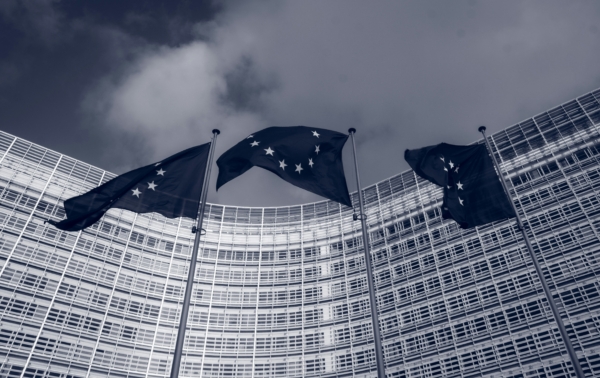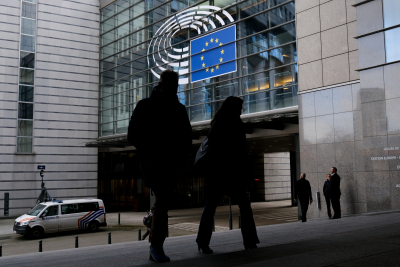Joint statement by Transparency International France and Transparency International EU. French version available here
In a few weeks, France will take up the presidency of the Council of the European Union. France can give impetus to key EU-level reforms around transparency and integrity in political and economic life – and revive the currently lacking ambition in these areas at home.
Corruption is a major obstacle to achieving the original vision of a European Union based on the rule of law, democracy, and social justice. Corruption also undermines sustainable development and citizens’ trust in institutions – and fuels the growing inequality that divides European citizens.
Over the years, France has developed solid mechanisms for transparency and integrity. The adoption in 2017 of an anti-corruption law, one of the most ambitious anti-corruption laws in the world, was followed by successes in the field of asset recovery and money laundering. These positive reforms, however, seem to have run out of steam due to a lack of political will. They are even being hampered by real setbacks which jeopardise the detection and prosecution of financial crime.
Adopting some of France’s legal mechanisms at the EU level would demonstrate a political will in this area and mark the renewal of France’s fight for transparency and integrity in political and economic life.
Transposed to the European level, mechanisms that have been successful in France would help consolidate EU rule of law and strengthen citizens’ trust in institutions and their representatives. This is a crucial challenge considering that almost two-thirds of EU citizens believe that government corruption is a problem in their country, according to Global Corruption Barometer (GCB) figures.
Anti-money laundering
Pandora Papers, Paradise Papers, Luanda Leaks… The continued emergence of these scandals highlights the failure of anti-money laundering measures in countries with major financial centres, including many EU member states.
The support of the European Parliament and Council for a new anti-money laundering package, presented by the European Commission last July, must meet the challenge of fighting illicit financial flows and crime. The package also includes the establishment of a new EU-level authority to fight money laundering, which would supervise some of the riskiest financial institutions of the EU.
The new authority will also have the power to take over the supervision of institutions in cases where a member state’s authority is not upholding the highest European standards. The future EU AML Authority will play a key role in supervising non-financial enablers whose relative impunity and responsibilities have been pointed to many times in France.
France must support this ambition and ensure that the European Commission’s proposed changes are maintained or even improved. This is the case of extending declarations of beneficial ownership to foreign entities and legal arrangements, as well as the extension of beneficial ownership transparency to trusts.
EU Political Integrity
At the European level, despite some promising reforms, political decision-making remains opaque. Mechanisms to prevent conflicts of interest remain weak. Guarantees of transparency, integrity, and accountability are still lacking, and sanctioning mechanisms are still too often based on political arbitration.
The shortcomings of the rules and frameworks governing ethics undermine citizens’ trust in the EU and its institutions. This calls for an independent ethics body common to all EU institutions. While there is still room for improvements, the European Parliament has adopted a strong text to this end which is now being examined by the European Commission.
In France, the establishment of the Haute Autorité pour la Transparence de la Vie Publique (HATVP) in 2013 marked a turning point in the French culture of integrity. Now that the political momentum in this area seems to lack impetus, France has the opportunity to send a strong signal to defenders of public integrity and the general interest. It could therefore support the establishment of an EU ethics body empowered by an effective sanctioning mechanism.
France must also be a leader in Council transparency. It is often impossible for citizens to know where their country stands on legislative negotiations in Brussels, or which lobbyists their government officials are meeting. The French Presidency should set an example by publishing its positions on all legislative files, as well as all the meetings of French officials and representatives of all levels with interest groups. This would allow France to translate its approach to public transparency into the European sphere and bring citizens into the picture. To fully embody it, France must take the lead, set an example, and renew national momentum in this field.
.






